Argentina was in the news last when Lionel Messi won the 2022 FIFA World Cup. This time, it is in the news for its elections. On November 19, Argentina goes to the polls to elect a new president.
Like most nations in the Americas, Argentina is a presidential republic. In this form of government, the president is both the head of state and the head of government. So, this person shapes the country’s policy for the duration of the presidential term. Just like in the US, the Argentinean president’s term lasts four years.
Like the US, Argentina has a federal system, which gives its 24 states considerable autonomy. The president simply cannot dictate policy to the state governors. Indeed, presidents need the support of state governors who have greater influence in national politics than their American counterparts.
Unlike the US, Argentina has no electoral college, and the president is elected by popular vote. This year, the first round of voting was held on October 22. No candidate won an absolute majority. So, the two front-runners will face off in a runoff election on November 19.
Who are the candidates and the parties?
The two candidates are Sergio Massa of the center-left alliance Union for the Homeland and Javier Milei of the right-wing party Liberty Advances. Massa won 36% and Milei 30% in the first round of voting.
Milei is a disruptive, anti-establishment candidate. A self-described anarcho-capitalist, he proposes slashing the state bureaucracy and welfare to the bone. Milei is socially conservative and opposes abortion, but also holds anti-clerical views. He wants to distance Argentina, a majority-Catholic nation, from the Catholic Church and its popular Argentine Pope. Milei’s ultra-libertarian positions, often contradictory views and bombastic personality have led observers to regard him as eccentric, unstable and even mentally unwell. But his star has kept on rising.
Massa, on the other hand, represents the traditionally dominant Peronist movement. He is the finance minister in the current cabinet. His Union for the Homeland alliance includes the Justicialist Party, traditionally Argentina’s ruling party. However, Massa hails from a dissident faction of Peronism, the Renewal Front. He is trying to distance himself from the older, more leftist faction led by Cristina Fernández de Kirchner because her faction has been plagued by corruption scandals. Massa did well in the October election, taking a six-point lead over Milei. This result was surprising, given Massa’s previous disappointing results in the open primaries, which were held in August.
The third-most popular candidate, Patricia Bullrich, who represents the center-right of the Argentinean political spectrum, was eliminated after the first round of voting. She caused a stir by encouraging her supporters to vote for Milei in the runoff. This divided her own party, Together For Change.
Together for Change supports a neoliberal economic policy. It is also socially conservative, and more closely aligned with the Catholic Church than Milei. The party counts on the support of several state governors and represents the legacy of Mauricio Macri, who was president from 2015 to 2019. Together for Change represents a more traditional, non-populist, center-right opposition to Peronism. Not all of its members, therefore, were happy to throw their hats in the ring with Milei.
So, who is winning?
Although Milei came in second in the first round of voting, the extra support from the center-right may tip the scales in his favor. By how much, we do not know. So there is no way of identifying a front-runner or predicting the outcome of the next election.
Opinion polls are of little predictive value because their results are not reliable. Many people who support Milei are embarrassed to admit it to pollsters. Therefore, poll results may inaccurately skew in favor of Massa. The situation is similar in the US. In the 2016 US presidential election, pollsters badly underestimated the size of the Trump movement, and almost all were blindsided by the eventual Republican victory.
The typical Milei voter is young, urban and male. Many Milei supporters are educated, and frustrated with high youth unemployment. Milei is also popular among the lower classes. This is a new development. Traditionally, the lower classes support the Peronist party, which presents itself as champion of the working class. However, Massa can count on widespread support in the provinces and in rural areas, where the Peronist party has a long-established network of friends in state and city governments.
Such support explains why Massa did so much better in October than in August: After the primaries, the party machine kicked into gear. Peronist governors and mayors mobilized their supporters and Massa gained an extra three million votes. In contrast, Milei’s movement is too new to have an established provincial network. Its support is concentrated in Argentina’s big cities.
Among the middle class, Peronism still remains very popular. However, the upper classes retain their fierce opposition to Peronism and will never vote for Massa. His attempt to send a more pro-business message falls flat for Argentina’s elite.
Argentina’s economic woes
Argentina’s annual inflation is 138%, the third-highest in the world. About 40% of the people cannot afford a basic bag of groceries or essential services like transport or healthcare. The country owes the International Monetary Fund (IMF) $44 billion — a jaw-dropping third of the institution’s entire lending portfolio — and it has no dollar reserves to make repayments.
Even though Massa is the sitting finance minister, voters do not seem to have blamed him for the economy’s sorry state. This runs counter to the conventional wisdom that voters punish incumbents for economic crises. Perhaps Argentineans have become accustomed to economic crises, and no longer view them as unusual. Voters in Lebanon and Pakistan seem to be behaving similarly. When a crisis — recession, political instability or war — becomes the norm, voters sometimes get used to it.
Yet it is fair to say that Argentineans are exhausted. The hopelessness of their economic situation is causing many to look for a savior — someone, anyone, who can shatter the status quo. To them, Milei just might be crazy enough to be that savior. He promises drastic measures, proposing to slash public spending by 14% of the GDP, cut the number of ministries from 18 to eight, “blow up” the central bank and swap Argentina’s peso for the US dollar. He has even suggested that people be allowed to buy and sell bodily organs legally, along with other Milton Friedman-like market measures. These reforms sound promising to voters who have been disappointed by the state of perpetual crisis for decades.
Milei promises to break up the “caste,” the alliance of corrupt leaders and the voters who rely on handouts. He presents himself as the ultimate outsider and wants to throw the entire establishment out. But this is an impossible promise, because Milei will need to rely on ministers and bureaucrats to govern if he is elected. Indeed, he is already offering ministries to Bullrich and her supporters, the very people he painted as part of the “caste” just weeks ago. Voters can sense the shift and may abandon him if they believe he is losing his integrity.
The personality of Javier Milei
What does it say about Argentine society that a man like Milei has a shot at becoming president?
It is not just his politics that is eccentric. Milei loves to show off his four cloned English mastiffs, whom he claims to consult before making policy decisions. He has boasted on television about being a sex guru whom former girlfriends call “the naughty cow,” sung the praises of tantric sex, boasted that he could go without ejaculating for three months and performed a song called “Tantric Bomb” with his popstar girlfriend. He is an abrasive, insulting debater.
In a Catholic country, Milei is considering converting to Judaism. He has said that his first state trip abroad will be to Israel. He has even called Pope Francis, an Argentinean who is immensely popular in his home country, a “communist turd” and a “piece of shit.” In some ways, he looks like a modern-day parody of Eva Perón, or like an Argentinean version of Donald Trump — or Caligula.
The Argentineans who support Milei aren’t crazy. They know that he is a weirdo. But they want change. They know he is anti-Catholic, but his opposition to abortion is enough to compensate them — besides, Argentines aren’t as Catholic as they used to be.
What is perhaps more worrying is Argentinean voters’ willingness to tolerate Milei’s views on history.
From 1976 to 1983, Argentina was under brutal military rule and thousands disappeared. Milei has reopened those wounds by declaring: “We value the idea of memory, truth and justice – so let’s start with the truth. There weren’t 30,000 [victims], there were 8,753.” This statement broke a taboo. Argentinians have an implicit pact not to question or minimize the horrors of the dictatorship. Milei’s statement was more than an offensive pinprick. Argentina’s democracy was founded in opposition to the military dictatorship, which it eventually replaced. Minimizing the brutality of the dictatorship puts the foundations of Argentinean democracy into question.
The whole country saw the evidence of the dictatorship’s crimes during trials that took place just a decade ago. But the younger generations did not live through the dictatorship and do not have the same memory. They may even be willing to reevaluate this traumatic history. Over the last four decades, no one has called the necessity of democracy into question. However, as the memory of the dictatorship fades, and endemic corruption tarnishes democracy’s reputation, Argentina faces the risk of democratic backsliding.
Will a military dictatorship return? Unlikely. More plausibly, Argentina could slide towards illiberalism with a populist head of state who rewards corruption, much like Trump in the US and Jair Bolsonaro in Brazil.
What lies in store for Argentina?
Whoever wins on November 19 will have a difficult time. In addition to the presidential elections, legislative elections were also held on October 22. Argentines have elected a divided legislature. No party holds a majority in either of the two chambers of Congress of the Argentine Nation. Parties will need to form coalitions in order to pass legislation.
The Peronists have long experience forming coalitions. Massa has been a governor before. He can compromise or bargain to pass legislation. In contrast, Milei has no experience as an executive. He is also railing against the “caste,” which may not be willing to play ball with him if he becomes president.
Polarization is growing in Argentina as in the rest of Latin America. Right-wing populist parties are active across the region. They have been collaborating with each other and with Vox, which is based in Spain. Bolsonaro’s defeat took some wind out of populism’s sails, but a victory from Milei could energize populists again. Chile and Brazil are having elections soon, and populists are surely watching what happens in Argentina closely. What happens in Argentina is unlikely to stay just in Argentina.
[Anton Schauble wrote the first draft of this piece.]
The views expressed in this article/video are the author’s own and do not necessarily reflect Fair Observer’s editorial policy.





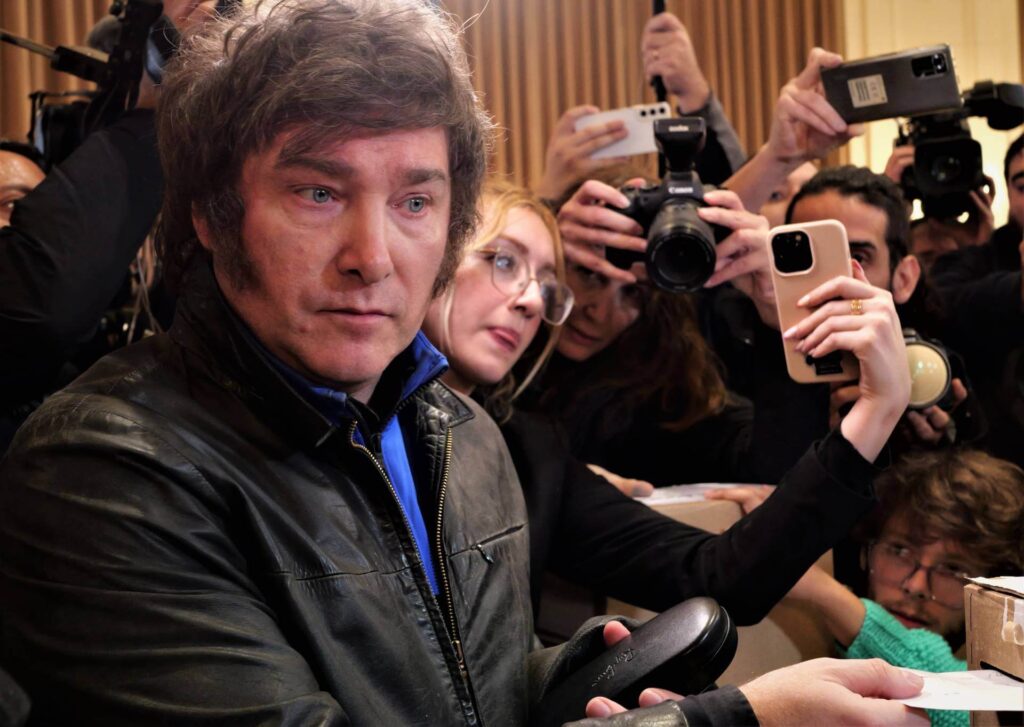

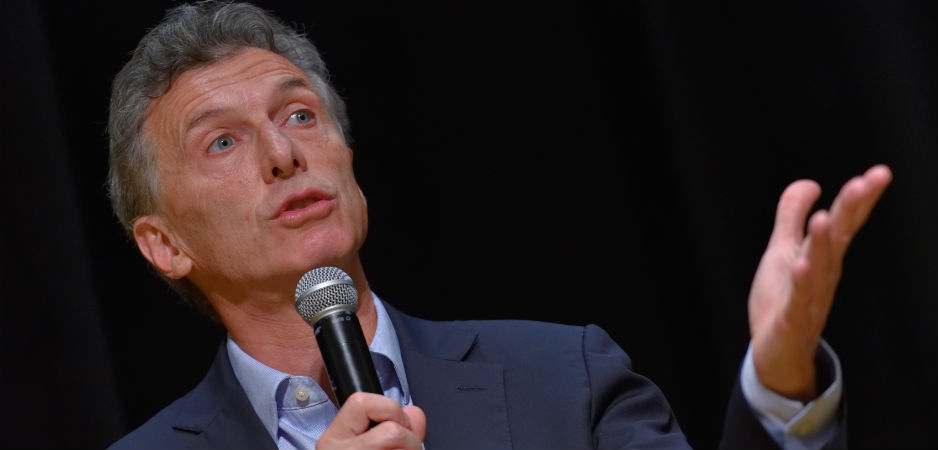




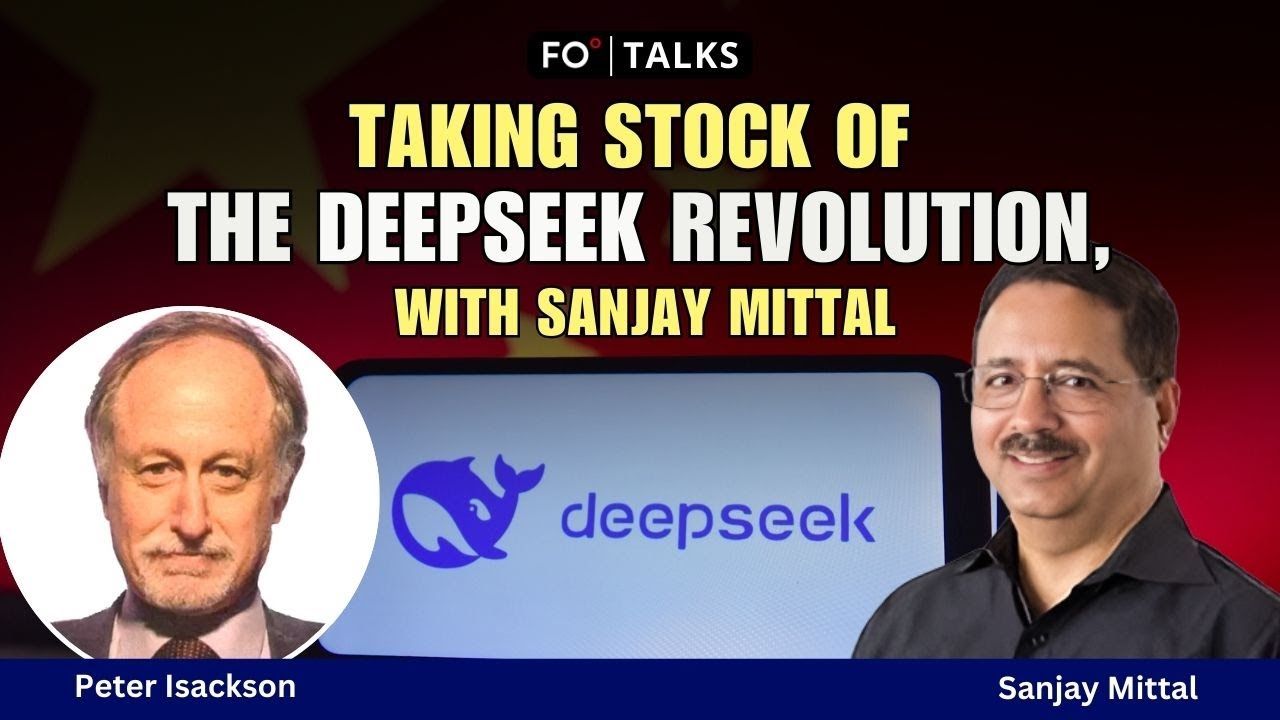

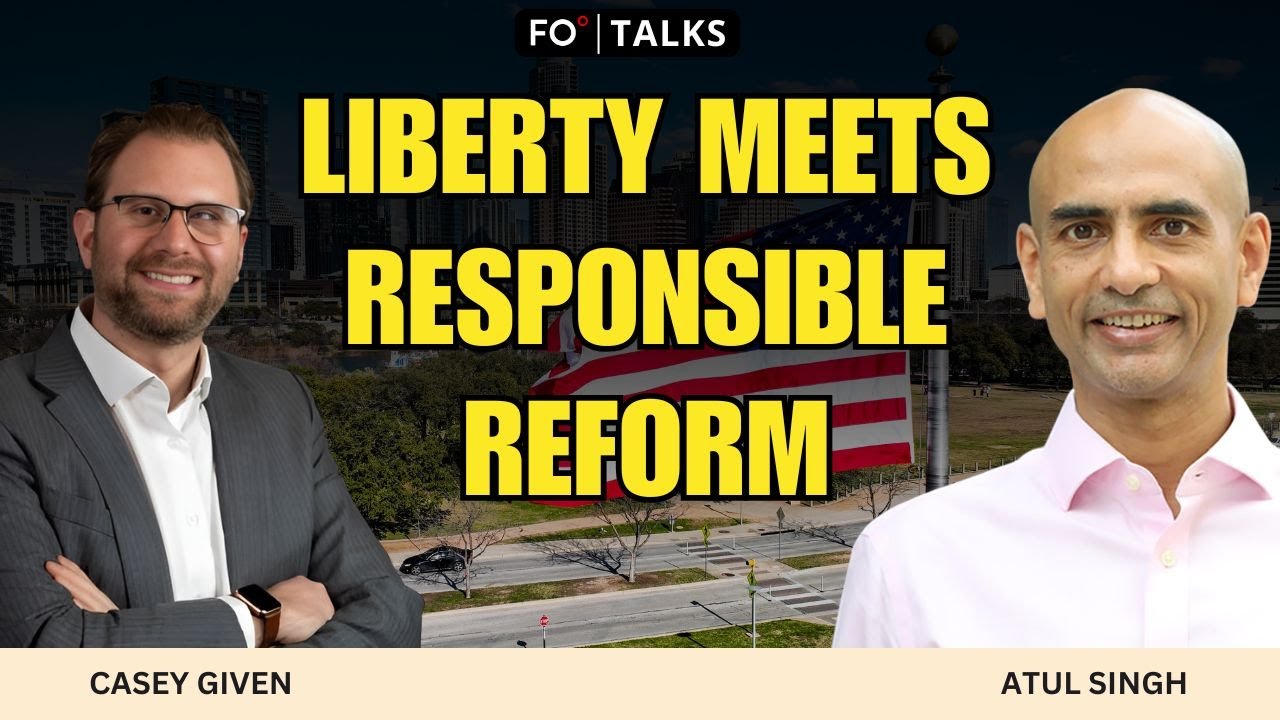









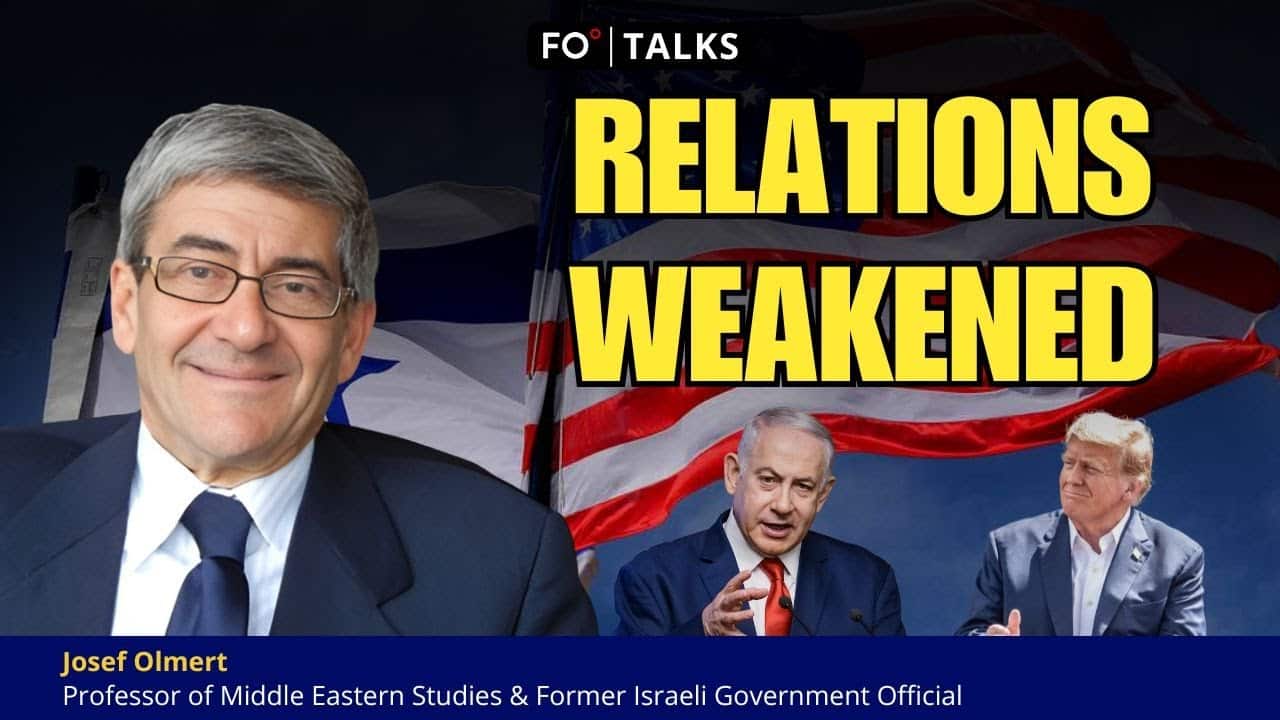









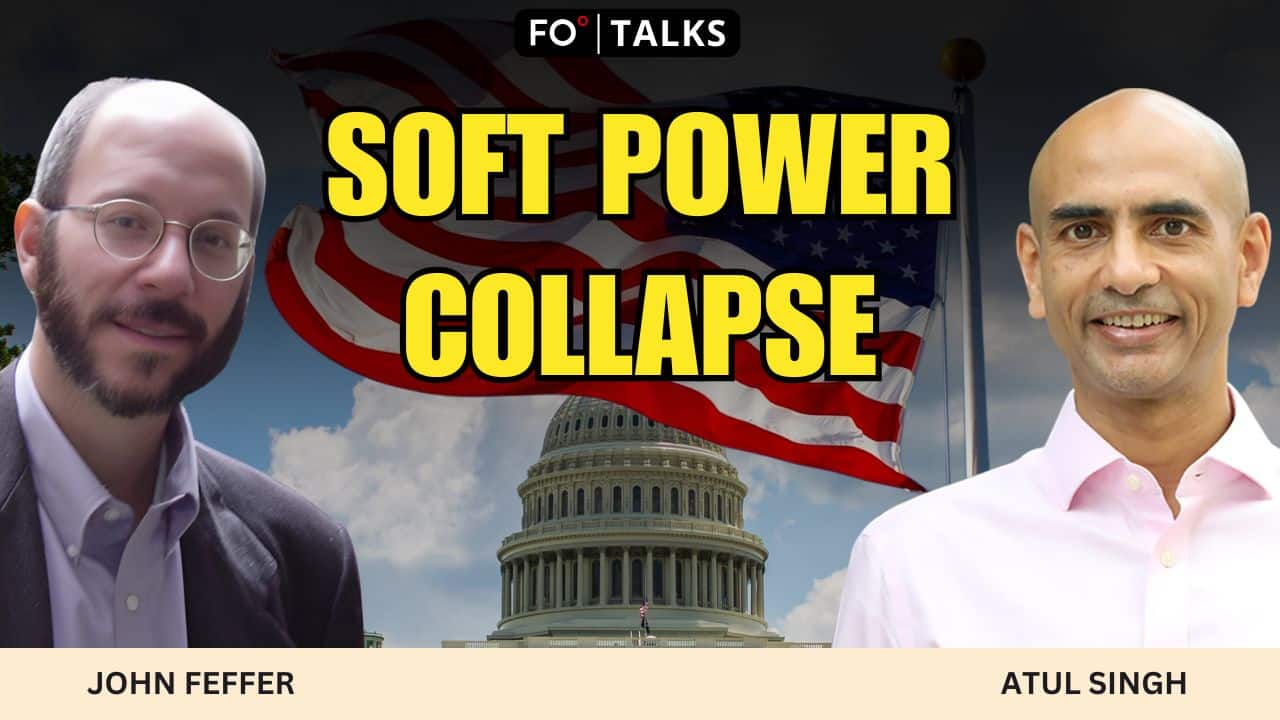

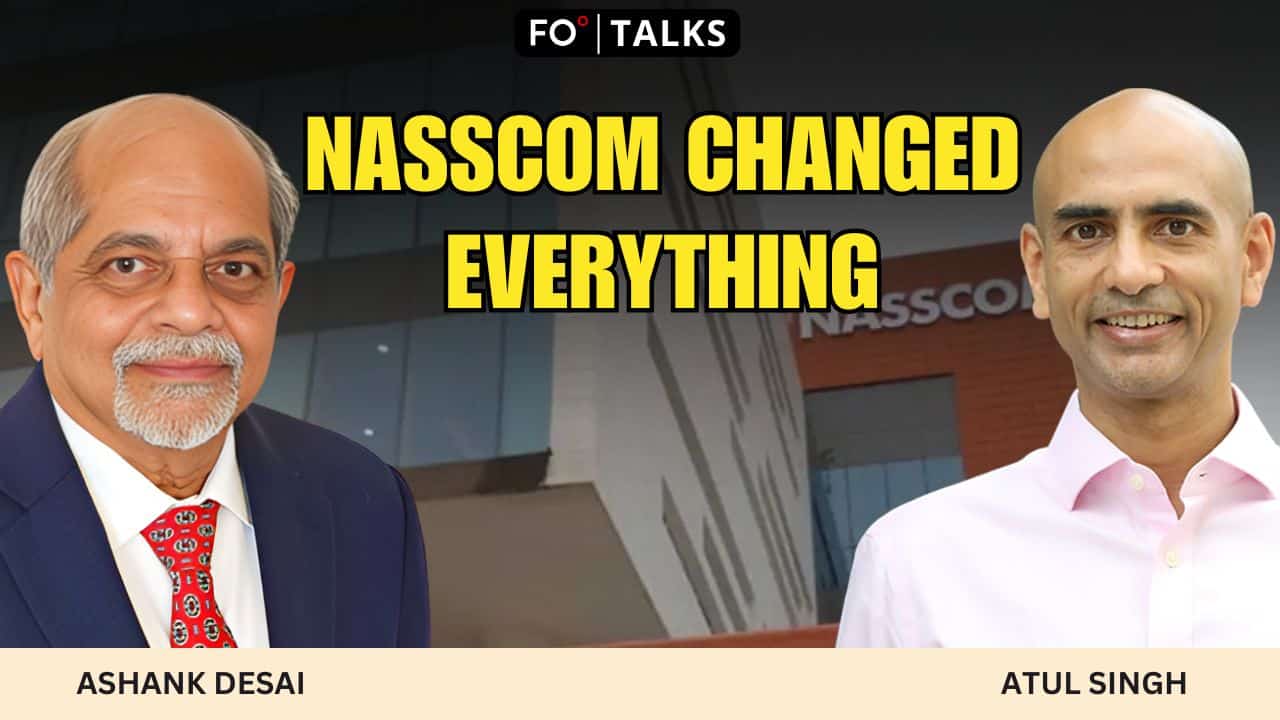





Comment